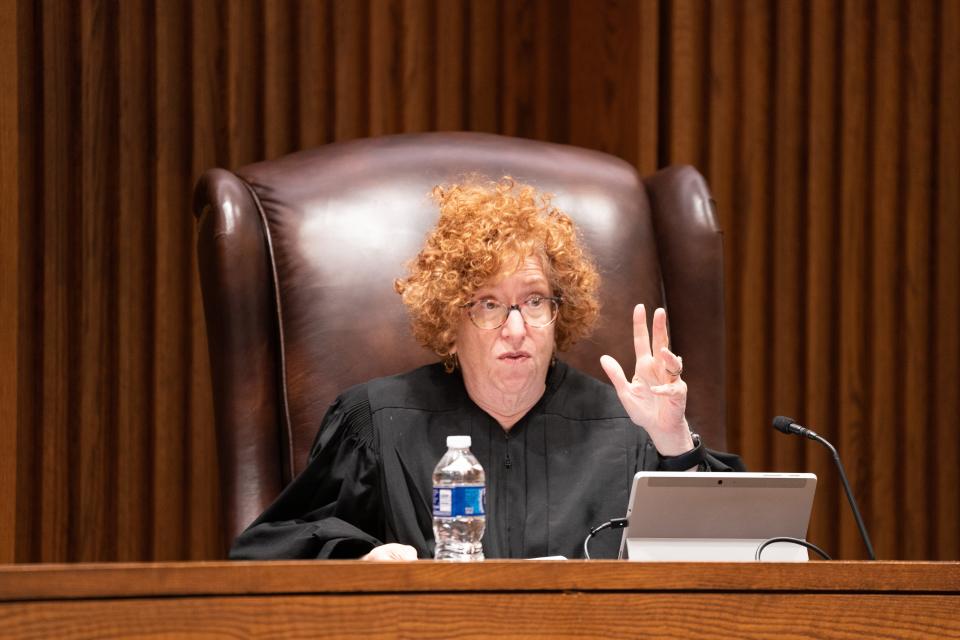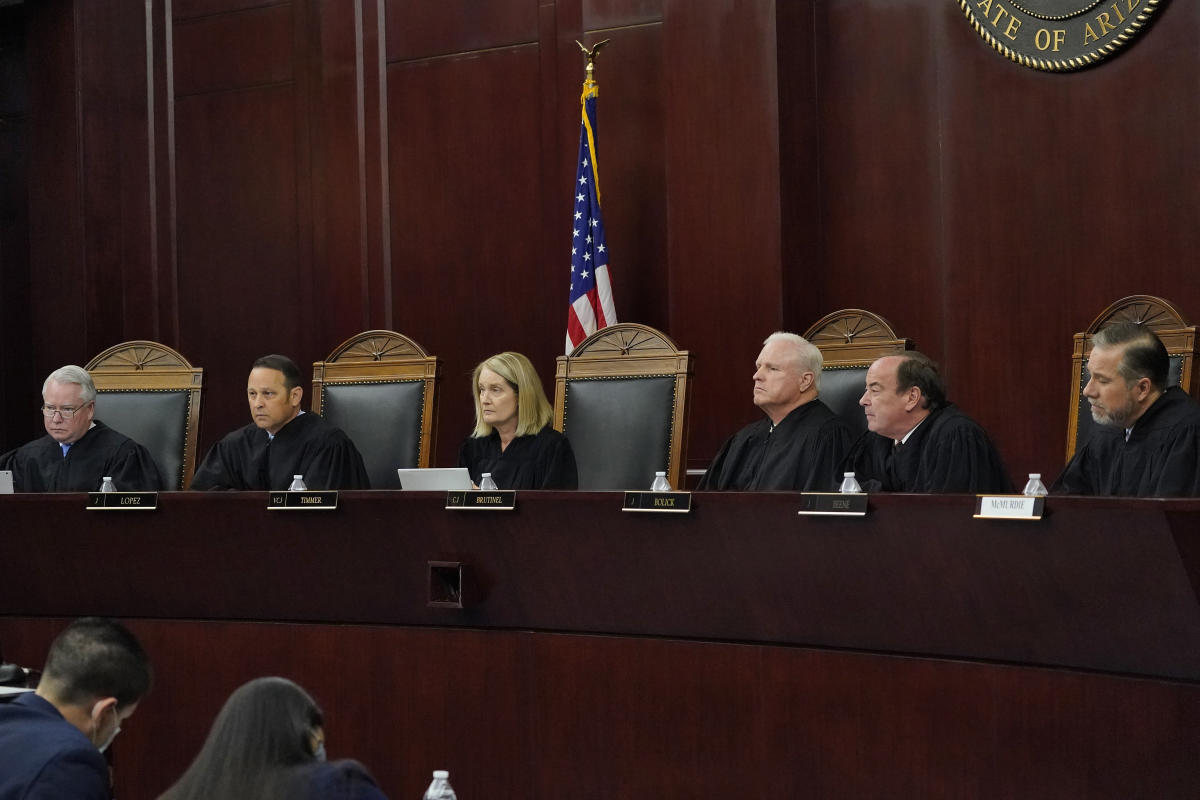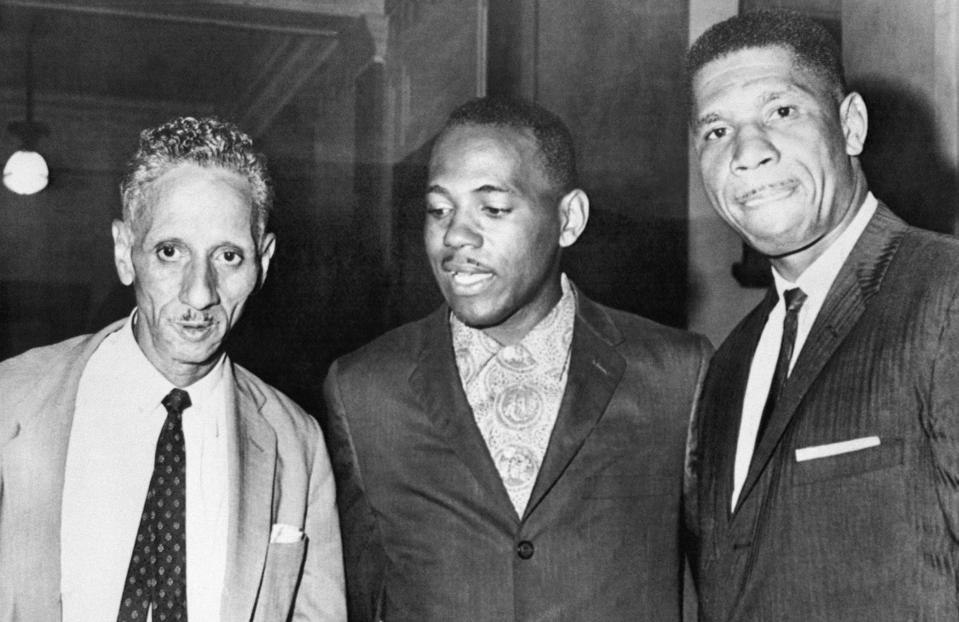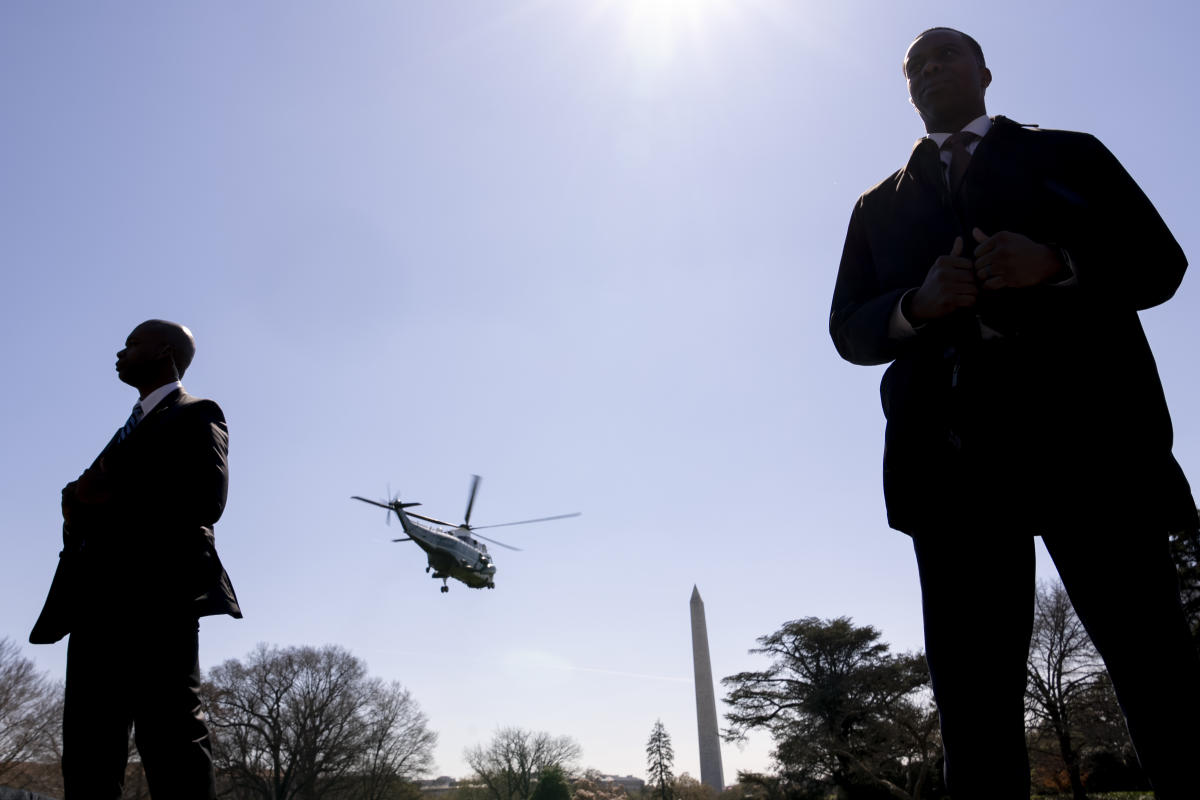Kansas voters have no fundamental right to vote under the bill of rights in the state constitution, the Kansas Supreme Court has ruled.
A four-person majority on the seven-justice Kansas Supreme Court issued the opinion Friday as part of an ongoing lawsuit challenging three election laws.
Justice Caleb Stegall wrote the majority opinion, which Chief Justice Marla Luckert and Justices Evelyn Wilson and K.J. Wall supported.
“One gets the impression reading the dissents that they think of the ‘right to vote’ in talismanic terms, as though it were a kind of superpower of citizenship, to be wielded in times of trouble whenever and wherever desired,” Stegall wrote. “Our view is both more realistic and practical as well as more legally and constitutionally precise.”
Justices Eric Rosen, Dan Biles and Melissa Taylor Standridge all wrote separate opinions that concurred in part and dissented in part.
“It staggers my imagination to conclude Kansas citizens have no fundamental right to vote under their state constitution,” Rosen wrote.
Standridge called it “a troubling decision with far-reaching implications.”
Because voting isn’t considered a fundamental right, it means that courts won’t use strict scrutiny when analyzing the impact of election laws. That will make it more difficult for plaintiffs to argue a law affecting voting is unconstitutional.
However, the majority did say another part of the constitution still protects the right to vote.
“But just because the right to vote is not protected in our Bill of Rights does not mean that constitutional voting guarantees are somehow weak or ineffective,” Stegall said.
Biles raised concerns that the majority opinion “provided meager direction for applying its standard,” while “the district court needs to sort all this out in short order as the election season looms.”
“I suspect the majority opinion is written as it is — with lengthy sections lacking citation to legal authority — to preserve its meager four votes,” Biles wrote.
Why voting is not protected by Kansas bill of rights
The Kansas Constitution’s bill of rights states that “all political power is inherent in the people, and all free governments are founded on their authority.” Standridge said the majority’s decision means that part of the constitution “does not, in fact, protect the right to vote.”
Stegall wrote that the bill of rights refers to “delegated power,” and that “the mechanisms of delegation often require voting by the populace, but not always.” Stegall pointed to his own position on the Supreme Court, which was initially appointed rather than elected, as an example of political power conferred without elections.
“As a matter of political philosophy, the broad and foundational concept of delegated power does not necessarily even include elections,” Stegall wrote.
While the court ruled the bill of rights doesn’t make voting a “natural right,” they did hold that a different part of the constitution makes suffrage a “political right.”
The majority and the dissenters disagreed on how to interpret case law on voting rights and how to apply rules of constitutional construction.
Stegall cited where the Kansas Supreme Court in 1952 said “political rights” include the right to vote, and the U.S. Supreme Court in 1886 said that voting is “not regarded strictly as a natural right, but as a privilege merely conceded by society.”
Standridge said the right to vote should be implicitly protected by the bill of rights.
“By its very nature, the right to vote is an essential feature of democracy because it allows the people to influence government decisions and actions by electing (and removing) their representatives and expressing preferences on public policy matters put before the electorate,” she wrote.

What does Supreme Court ruling mean for election law challenges?
The plaintiffs are the League of Women Voters of Kansas, Loud Light, Kansas Appleseed and the Topeka Independent Living Resource Center.
The defendants are Secretary of State Scott Schwab and Attorney General Kris Kobach.
At issue are three pieces of election law that the Republican-led Legislature enacted in 2021 over the veto of Democratic Gov. Laura Kelly in the wake of former President Donald Trump sowing doubt about the integrity of elections.
One provision of House Bill 2183 makes it a crime to impersonate an election official. Supporters said it was necessary to combat financial scams by people giving the impression they are election officials in order to steal money. Opponents said it was written too broadly, potentially criminalizing voter registration drives because people sometimes mistakenly believe civic groups are official election officers.
The court’s majority sided with the opponents’ interpretation.
“We discern from the plain language used by the Legislature that it included no intent to misrepresent or deceive requirement in the statute,” Stegall wrote. “As such, it sweeps up protected speech in its net. That is, the League is correct that the law criminalizes honest speech which is ‘known’ to cause occasional misunderstandings or misperceptions on the part of the listener.”
More: Kansas officials want to amend election law after Supreme Court sided with voter advocates
Another provision restricts the number of advance ballots that a single person can deliver, making it a crime to deliver more than 10. Supporters said it was necessary to prevent so-called ballot harvesting. Opponents said it could disenfranchise some voters, particularly residents of nursing homes who have a difficult time going in-person to a polling place, and violated freedom of speech.
The high court upheld dismissing the claim against that provision “because the actual collection and return of a ballot, in isolation, is not political speech or expressive conduct.”
Another provision on signature verification prohibits election officials from counting advance ballots that don’t have a signature or ones where the signature does not match the one on file.
The majority held that signature verification can’t be unconstitutional because it is a “reasonable imposition of a proper proof,” citing case law on “steps to be taken in order to ascertain who and who are not entitled to vote.”
While signature verification will be allowed, the plaintiffs will have another opportunity in district court to argue that it is not uniformly enforced, which could lead to it being struck down.
The high court remanded the case back to Shawnee County District Court for further proceedings.
Jason Alatidd is a Statehouse reporter for The Topeka Capital-Journal. He can be reached by email at jalatidd@gannett.com. Follow him on X @Jason_Alatidd.
This article originally appeared on Topeka Capital-Journal: Kansas Supreme Court rules voters have no fundamental right to vote
Signup bonus from




